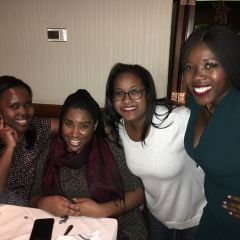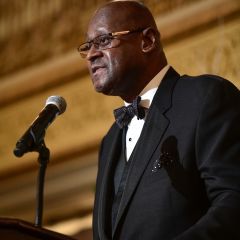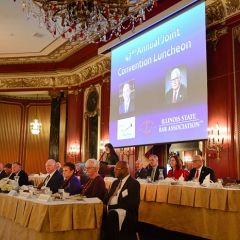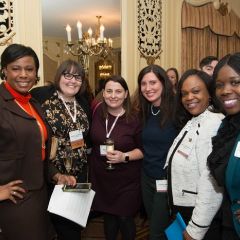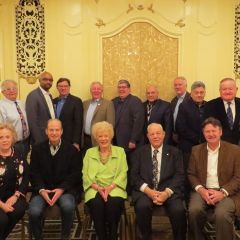2018 Midyear Meeting Highlights
 The 2018 Midyear Meeting was held Dec. 6-8, 2018, at the Palmer House Hilton Hotel in Chicago. Attendees celebrated the profession, discussed issues of mutual interest to the bench and bar, attended business meetings, earned CLE credit, and expanded their social and professional networks at receptions and dinners.
The 2018 Midyear Meeting was held Dec. 6-8, 2018, at the Palmer House Hilton Hotel in Chicago. Attendees celebrated the profession, discussed issues of mutual interest to the bench and bar, attended business meetings, earned CLE credit, and expanded their social and professional networks at receptions and dinners.

